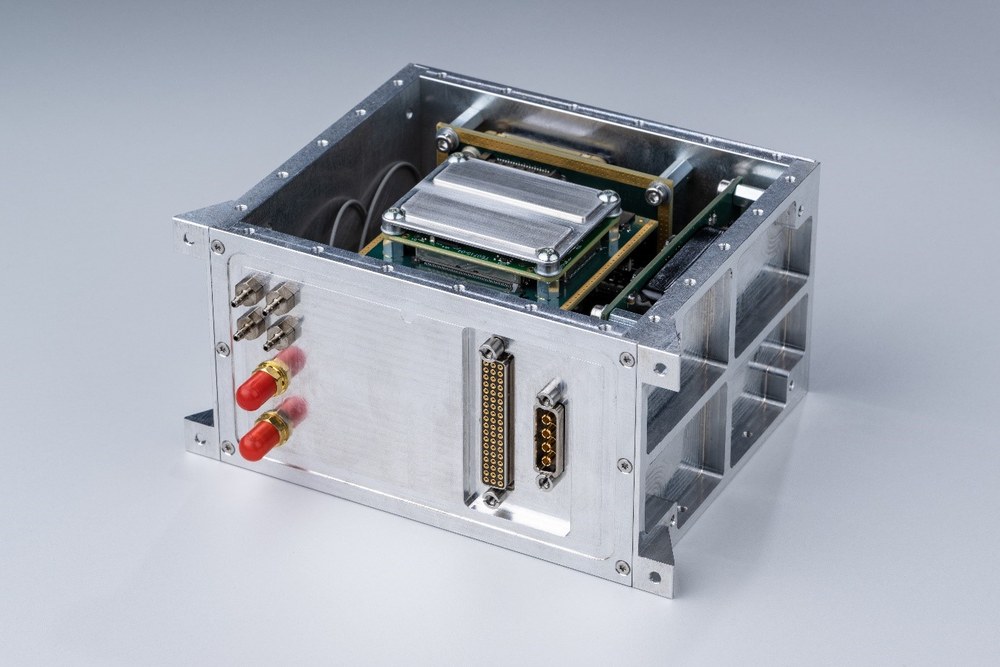Modern Avionics Systems and Software Engineering
The research focus in the field of modern avionics systems is on developing and advancing platforms and standards, as well as applying and certifying innovative software technologies, programming languages, and development processes. Stringent safety requirements in aviation demand careful balancing of innovation potential, development costs, safety, and certification requirements. In contrast, the field of computer and software technology is characterized by rapid innovation.
Our research activities include, among other topics, certification-related questions concerning the Rust programming language, the use of WebAssembly and the serverless paradigm in avionics, as well as the development of a certifiable framework based on ontological systems.
Our software quality assurance is founded on a holistic Infrastructure-as-Code (IaC) approach based on Nix, along with comprehensive Continuous Integration (CI) setups built on it. We publish our research results in professional conference proceedings and on our GitHub workspace, github.com/DLR-FT. We also actively contribute to the ongoing development of standards such as ARINC 653.
Design and Development of Aircraft Electronics
The growing number of functions in modern aircraft necessitates continuous advancements in efficient, high-performance avionics. These systems must meet strict safety and reliability requirements to ensure the aircraft operates safely at all times.
The institute conducts research on novel avionics design and development methods, including avionics computers and communication systems. These development processes align with applicable qualification standards, particularly:
- RTCA DO-160 / EUROCAE ED-14: regulates environmental conditions and testing procedures for aviation equipment
- RTCA DO-254 / EUROCAE ED-80: provides guidelines for quality assurance in the development of airborne electronic hardware.
Additionally, we are working to further develop the DO-160/ED-14 standards with respect to electric propulsion systems and electromagnetic compatibility (EMC).
Open-Source Avionics
Open-Source Avionics refers to the use of freely available software and hardware in aviation. Proprietary systems from major companies like Boeing, Airbus, and Honeywell have traditionally dominated manned civil aviation. However, the emergence of drones and the scaling of safety requirements for low-risk systems have shifted the industry toward open technologies. These offer a cost-effective, accessible, and innovative approach to aviation applications.
At the Institute of Flight Systems, we investigate the application of open-source avionics in various settings, ranging from small drones to large unmanned aerial vehicles capable of carrying payloads of up to 200 kg. Our goal is to make open-source avionics viable for industrial use. To this end, we are exploring how open-source systems can meet drone-specific safety standards and assessment procedures, such as SORA.

